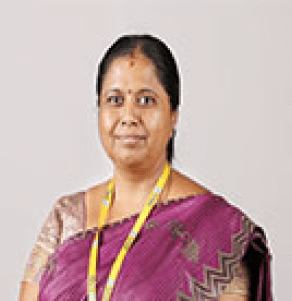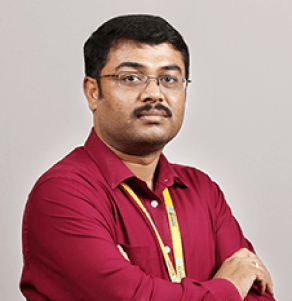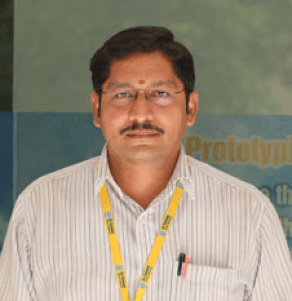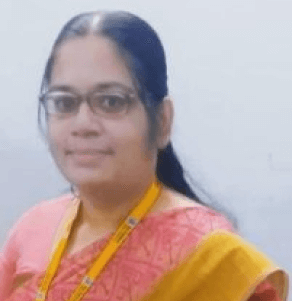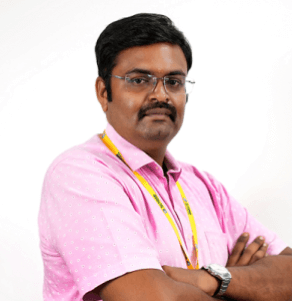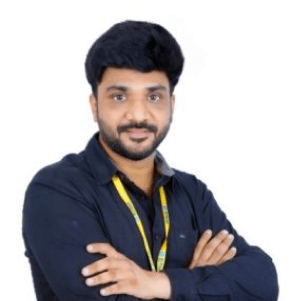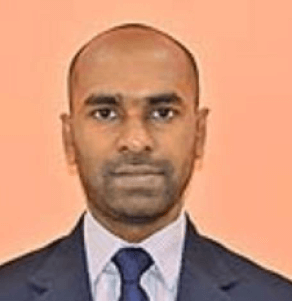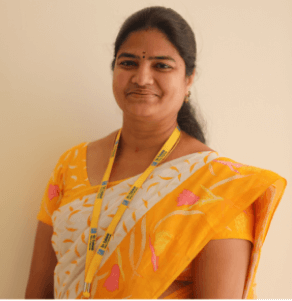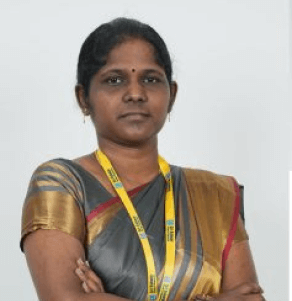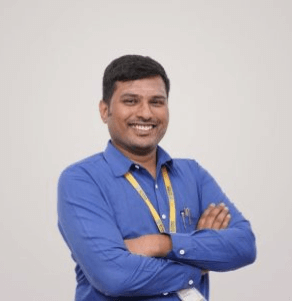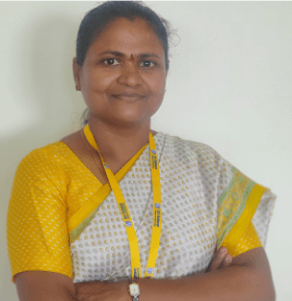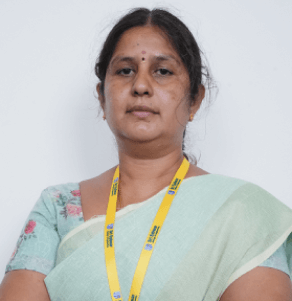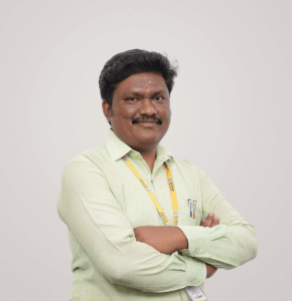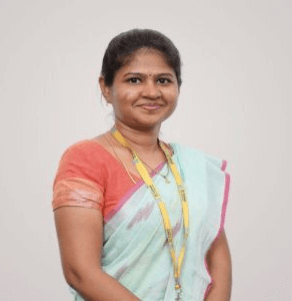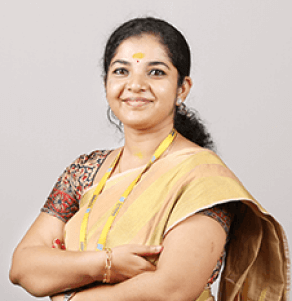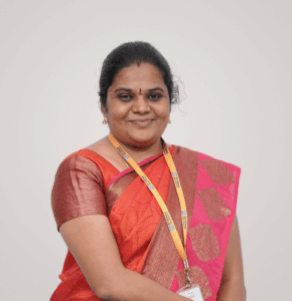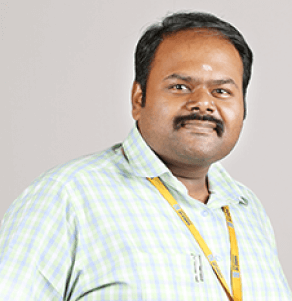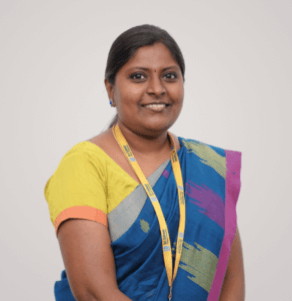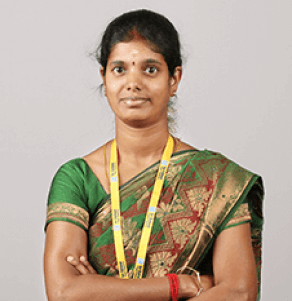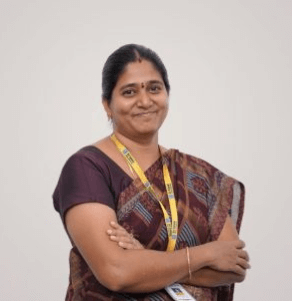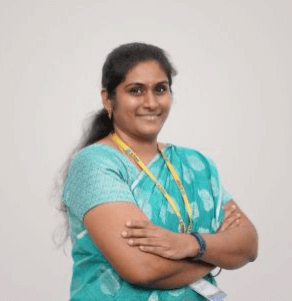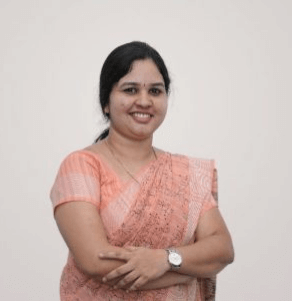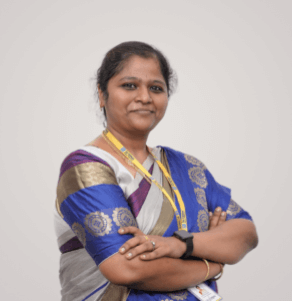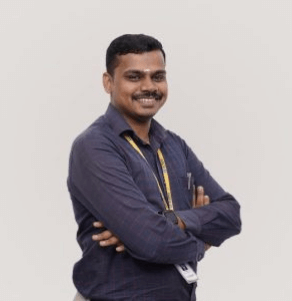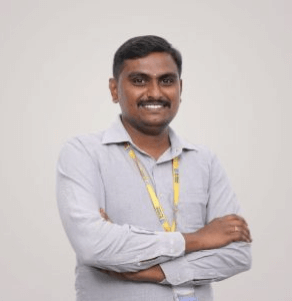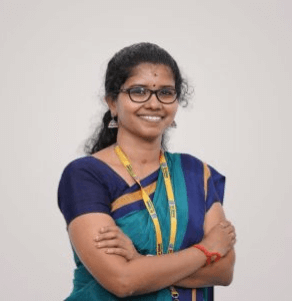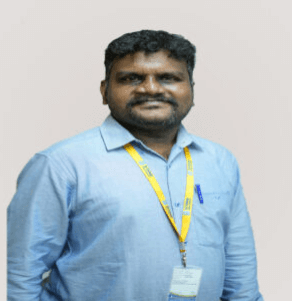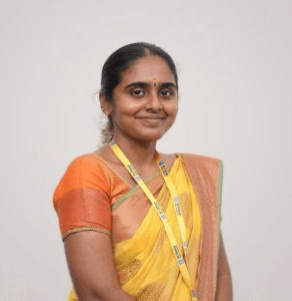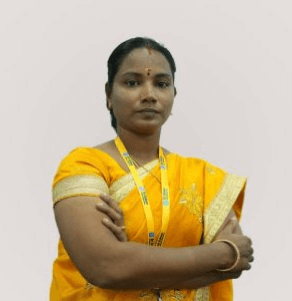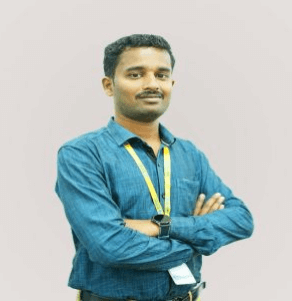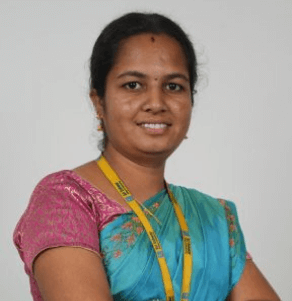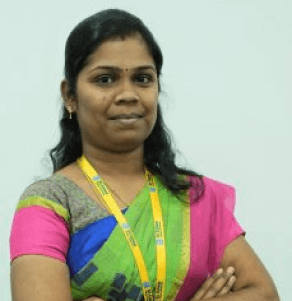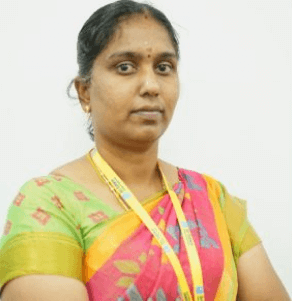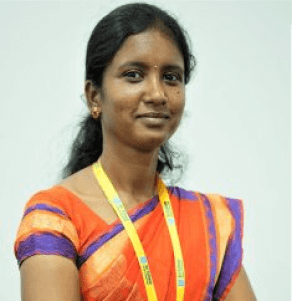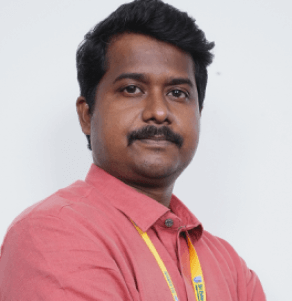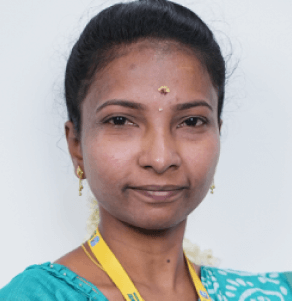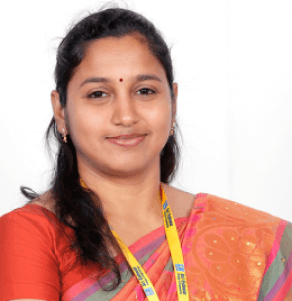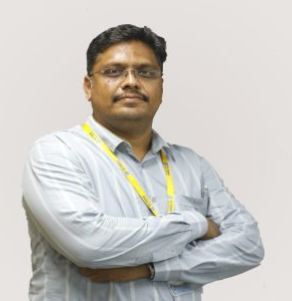Computer Science & Engineering
Automation Everywhere : Driving every business organization

Programme Scope

Computer Science is a dynamic and fast growing area that has become an integral part of our daily lives. In the new age world, almost everything revolves around information technology and software.
While the automation we have seen in the past is far and wide, the automation we are going to witness in the future is going to be still more exciting.
Learning Scope
With highly experienced and capable faculty who are trained by the industry, state of the art infrastructure and Industry Powered Nextgen Laboratories in AI-ML, Cloud Technologies, Data Science and Design Thinking.
The scope of learning for you in our CSE program will include Artificial Intelligence, Machine Learning, Agile Software Development, Cybersecurity, AR/VR , OOPS Concepts, Computer Architecture, Computer Networks, Database Management System, Software technologies including C, Python for Data Science and Java Full Stack.
Career Progression Scope
The scope of career progression, studying CSE, is abundant and unlimited with leading multinational IT companies recruiting fresh CSE graduates in large numbers, or becoming an entrepreneur, developing your own software products,or pursuing higher studies. The students are prepared to start their career as Software Developers, Data Scientist, System Analyst and Architect ,Network Engineers, Database Administrator , Web developers, AI Engineers etc.,
4 years
curriculum
180 Seats
Intake
100%
Students placed (2022-2023)
8 Industry Powered
Laboratories
Laboratories
Industrial Powered Laboratories
Events Organised
Consultancy
Magazine
Student List
Laboratories
Computer Practice Laboratory
DBMS and Networking Laboratory
Networking Lab
Case Tools and Graphics Laboratory
Project Lab
CSE Research Lab
IT Center
Industrial Powered Laboratories
Centre of Excellence:
VIRTUSA Centre of Excellence for Talend
VIRTUSA Centre of Excellence for Full Stack Java
Aspire Centre of Excellence for Full Stack Java
Companies Operating in the Campus
Bahwan Cybertek -Extended Development Centre
CLOUD KINETICS- Cloud Services Centre
Events Organized
Consultancy
Magazine
Student List
Vision
- To groom students into globally competent software professionals and meet the ever changing requirements of the industry.
Mission
We will achieve our mission by:
- Creating a quality academic environment with relevant IT infrastructure and empowering faculty and students with emerging technologies
- Motivating staff and students to actively involve in lifelong learning and fostering research
- Inculcating leadership and entrepreneurship skills in students
- Generating opportunities for students to evolve as competent software professionals with societal consciousness
Program Details
Program Educational Objectives (PEO)
- PEO1: Meet the requirements of software industry
- PEO2: Continually acquire relevant knowledge to remain competent
- PEO3: Provide engineering solutions and design software products to meet customer requirements
- PEO4: Reflect societal consciousness and exhibit leadership skills in their professional activities
Program Outcomes (PO)
- PO1. Engineering knowledge: Apply the knowledge of mathematics, science, engineering fundamentals, and an engineering specialization to the solution of complex engineering problems
- PO2. Problem analysis: Identify, formulate, review research literature, and analyze complex engineering problems reaching substantiated conclusions using first principles of mathematics, natural sciences, and engineering sciences
- PO3. Design/development of solutions : Design solutions for complex engineering problems and design system components or processes that meet the specified needs with appropriate consideration for the public health and safety, and the cultural, societal, and environmental considerations
- PO4. Conduct investigations of complex problems: Use research-based knowledge and research methods including design of experiments, analysis and interpretation of data, and synthesis of the information to provide valid conclusions
- PO5. Modern tool usage: Create, select, and apply appropriate techniques, resources, and modern engineering and IT tools including prediction and modeling to complex engineering activities with an understanding of the limitations
- PO6. The engineer and society: Apply reasoning informed by the contextual knowledge to assess societal, health, safety, legal and cultural issues and the consequent responsibilities relevant to the professional engineering practice
- PO7. Environment and sustainability: Understand the impact of the professional engineering solutions in societal and environmental contexts, and demonstrate the knowledge of, and need for sustainable development
- PO8. Ethics: Apply ethical principles and commit to professional ethics and responsibilities and norms of the engineering practice
- PO9. Individual and team work: Function effectively as an individual, and as a member or leader in diverse teams, and in multidisciplinary settings
- PO10. Communication: Communicate effectively on complex engineering activities with the engineering community and with society at large, such as, being able to comprehend and write effective reports and design documentation, make effective presentations, and give and receive clear instructions
- PO11. Project management and finance: Demonstrate knowledge and understanding of the engineering and management principles and apply these to one’s own work, as a member and leader in a team, to manage projects and in multidisciplinary environments
- PO12. Life-long learning: Recognize the need for, and have the preparation and ability to engage in independent and life-long learning in the broadest context of technological change
Program Specific Outcomes (PSO)
- PSO1: Demonstrate knowledge in open source technologies.
- PSO2: Develop innovative solutions by adapting emerging technologies for industry oriented applications.
- PSO3: Implement SDLC principles for project/product development.
Head of the Department
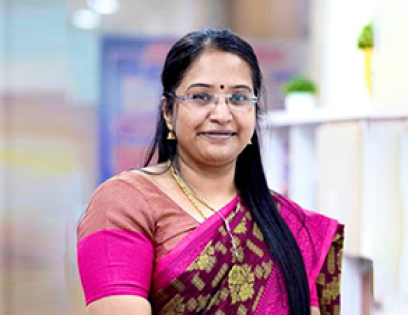
Dr.R.Subha
- Designation
- Professor & Head
- Educational Qualification
- M.E., Ph.D.,
- Teaching Experience
- 19 Years
- Industry Experience
- 8 Months
UG Faculty
Professor & Dean Academics
Professor
Professor
Associate Professor
Associate Professor
Associate Professor
Assistant Professor
Assistant Professor
Assistant Professor (Sl. Gr.)
Assistant Professor
Assistant Professor (Sl. Gr.)
Assistant Professor
Assistant Professor
Assistant Professor (Sl. Gr.)
Assistant Professor (Sl. Gr.)
Assistant Professorav
Assistant Professor
Assistant Professor
Assistant Professor(Sr.Gr.)
Assistant Professor
Assistant Professor
Assistant Professor (Sl. Gr.)
Assistant Professor
Assistant Professor
Assistant Professor (Sl. Gr.)
Assistant Professor (Sl. Gr.)
Assistant Professor (Sl. Gr.)
Assistant Professor (Sl. Gr.)
Assistant Professor (Sl. Gr.)
Assistant Professor
Assistant Professor
Assistant Professor
Assistant Professor
Assistant Professor
Assistant Professor
Assistant Professor
Assistant Professor
Assistant Professor
Assistant Professor
Assistant Professor
